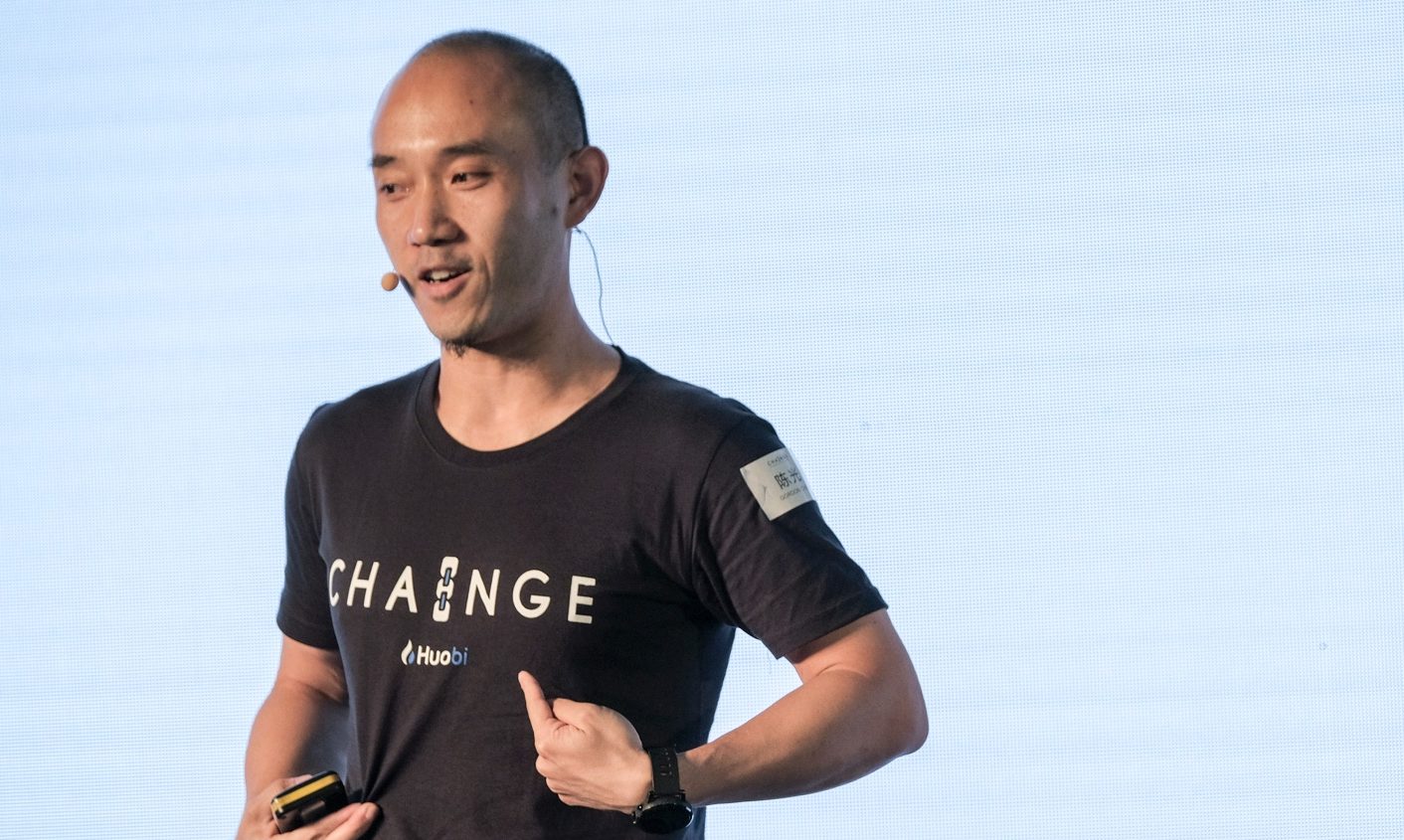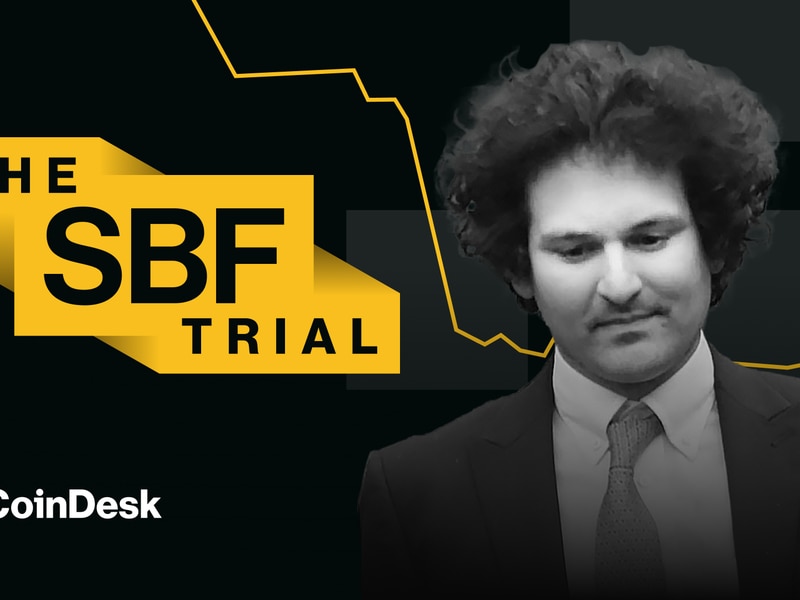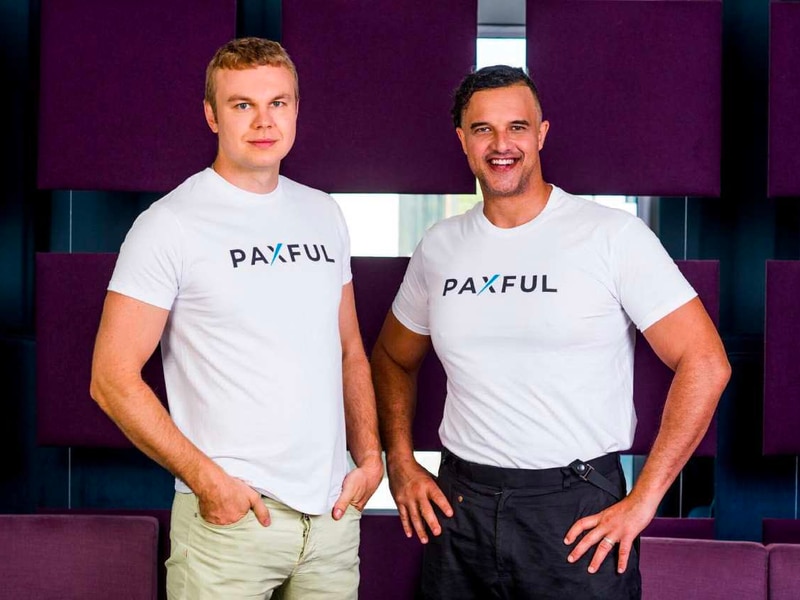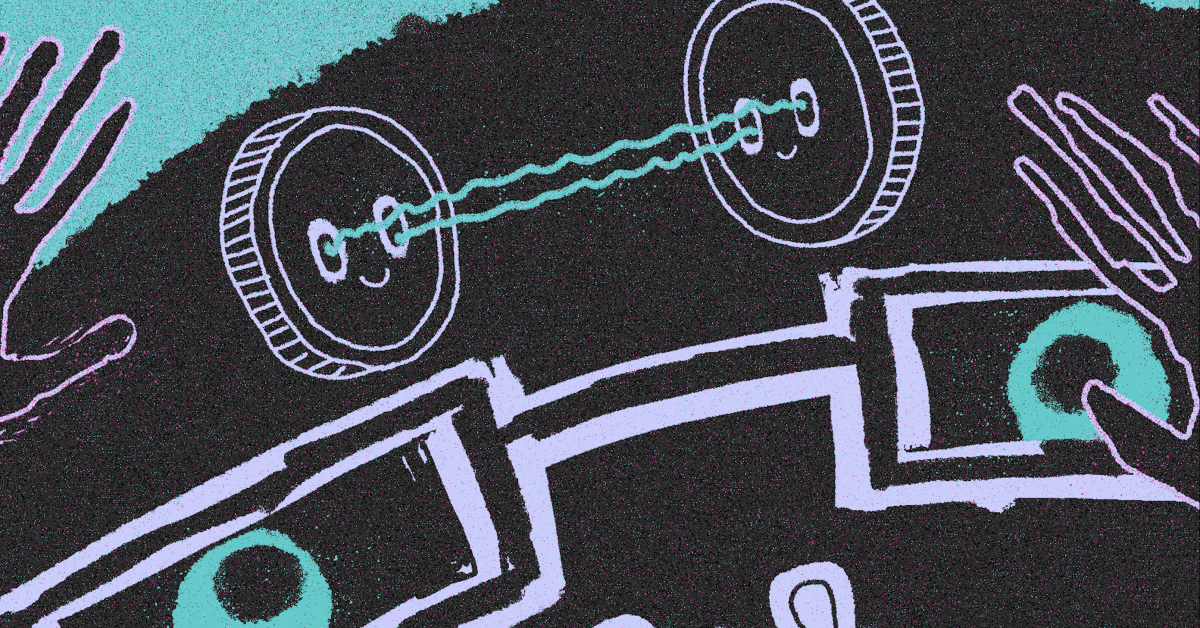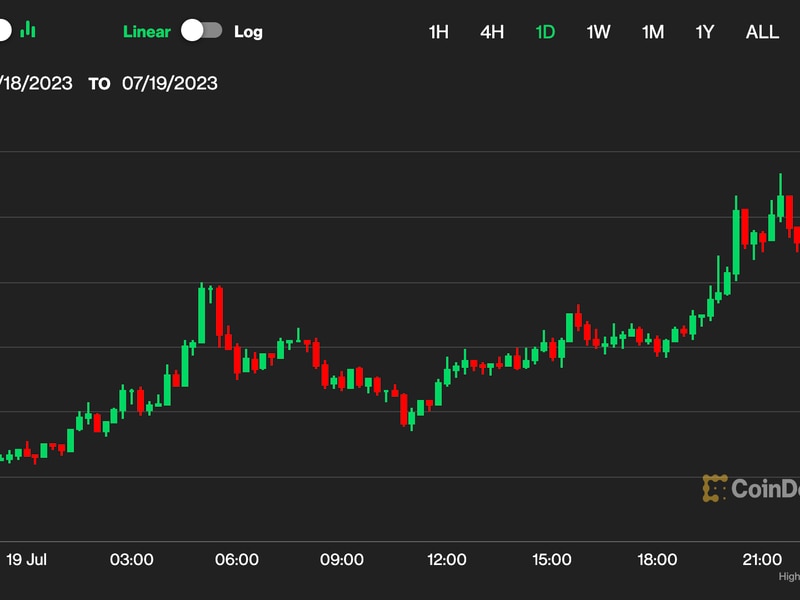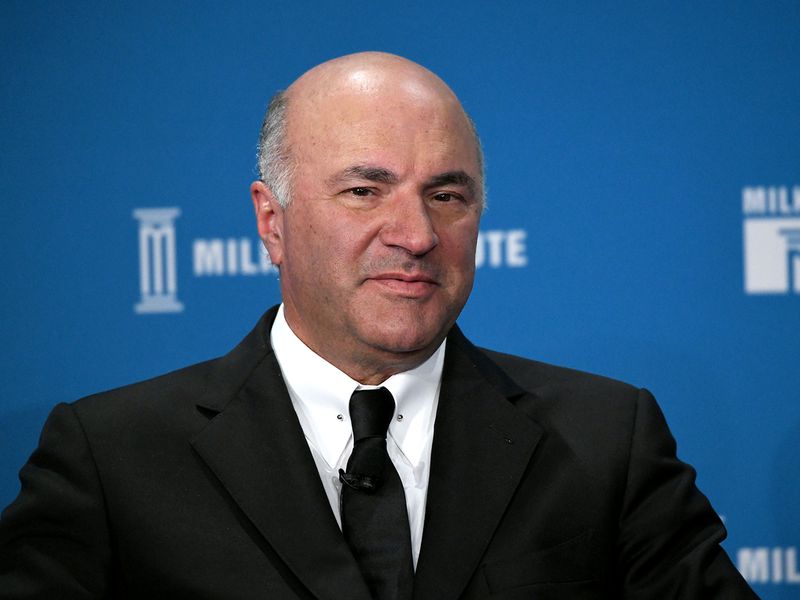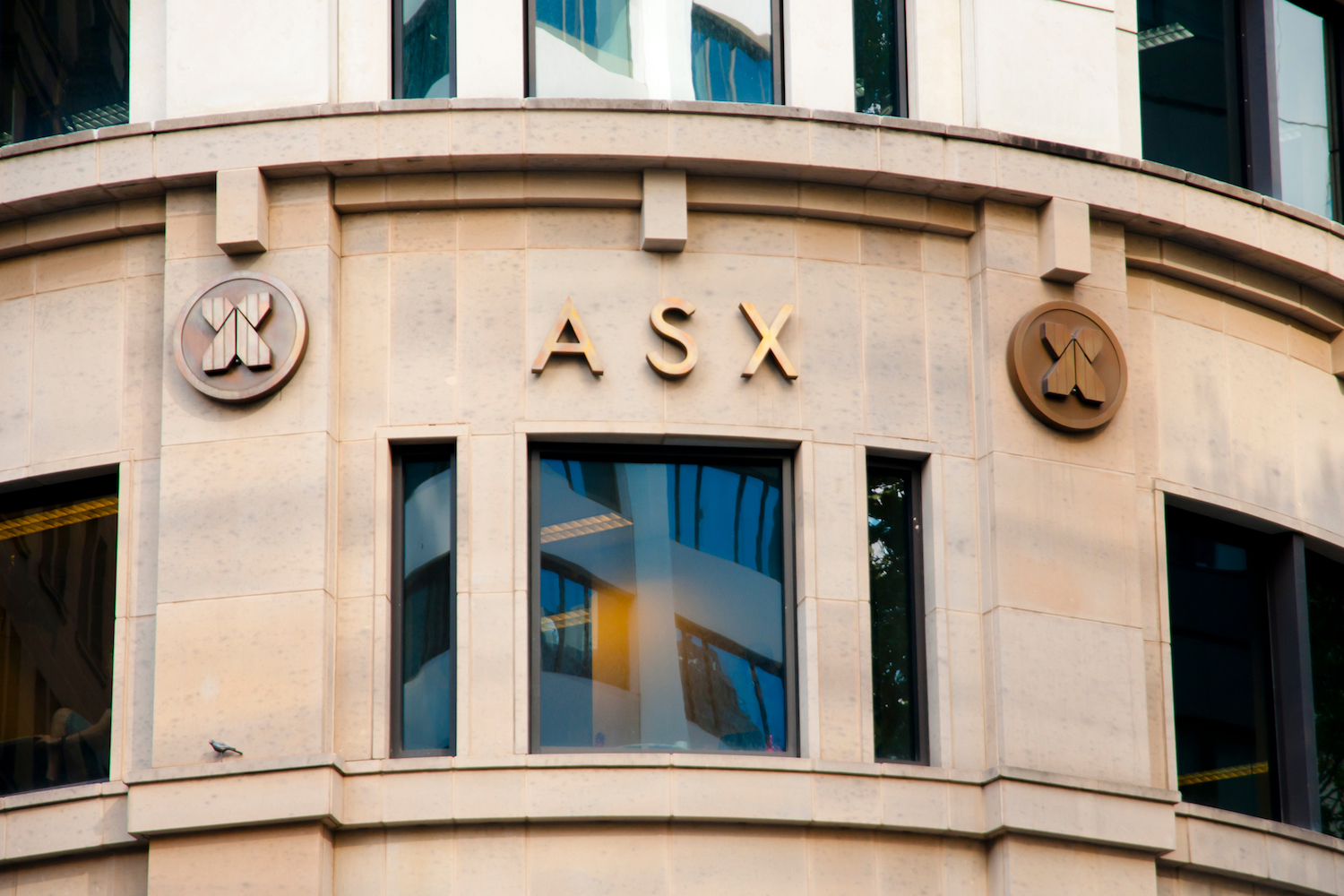Deutsche Telekom Joins RWA-Focused XDC as Infrastructure Provider in Digital Asset Push
-
Deutsche Telekom will operate a standby masternode for XDC network.
-
The telecom giant already runs nodes on other blockchains including Ethereum, Polygon and Polkadot.

01:43
p0x Labs Co-Founder on Developer Adoption of AI

00:58
Hong Kong Is ‘Extremely Bullish’ for Crypto: p0x Labs Co-Founder

20:26
What On-Chain Access for AGI Unlocks

16:58
How Can AI and Blockchain Change the Music Industry?
German telecommunications giant, Deutsche Telekom’s subsidiary announced on Thursday that it will expand its Web3 services to the XDC Network (XDC), a blockchain focused on tokenized real-world assets (RWA), trade finance and decentralized physical infrastructure (DePin).
Deutsche Telekom MMS, dedicated to cloud and internet infrastructure, joined the network as an infrastructure provider and will operate a standby masternode. This type of node does not validate transactions on the blockchain as default, but will be called into action if the number of operating validator masternodes drop below the required level of 108.
“This addition utilizes our enterprise-grade infrastructure to enable secure blockchain-based applications, with a focus on the finance sector,” said Dirk Röder, head of Deutsche Telekom MMS’s web3 unit.
The announcement is the latest example of the global telecom company’s growing blockchain prowess, following Röder’s comment last month at the Bitcoin Prague conference last month that the Deutsche Telekom MMS will start mining bitcoin (BTC). The company already runs nodes on Bitcoin and Lightning networks, he said then.
On top of that, the company operates validators on a range of proof-of-stake blockchains including Ethereum (ETH), Polygon (MATIC) and Polkadot (DOT), and offers a staking service where customers can deposit tokens to earn rewards for maintaining the network.
XDC is a layer-1 blockchain that’s compatible with the Ethereum Virtual Machine (EVM), that claims to offer fast transaction speed and “near zero” gas fees. The network hosts euro and U.S. dollar stablecoins and tokenized versions of real-world assets such as gold and U.S. Treasuries.
Edited by Aoyon Ashraf.
Disclosure
Please note that our
privacy policy,
terms of use,
cookies,
and
do not sell my personal information
has been updated
.
CoinDesk is an
award-winning
media outlet that covers the cryptocurrency industry. Its journalists abide by a
strict set of editorial policies.
In November 2023
, CoinDesk was acquired
by the Bullish group, owner of
Bullish,
a regulated, digital assets exchange. The Bullish group is majority-owned by
Block.one; both companies have
interests
in a variety of blockchain and digital asset businesses and significant holdings of digital assets, including bitcoin.
CoinDesk operates as an independent subsidiary with an editorial committee to protect journalistic independence. CoinDesk employees, including journalists, may receive options in the Bullish group as part of their compensation.
:format(jpg)/s3.amazonaws.com/arc-authors/coindesk/8b1395a8-12af-4705-9fe5-b862b248250d.png)

